Mr. Takebe Tsutomu, special advisor to the Vietnam-Japan Friendship Parliamentary Alliance, believes that enhancing people-to-people exchanges is not only the foundation for promoting investment and trade cooperation but also helps the younger generation cultivate a spirit of self-reliance and self-reliance.
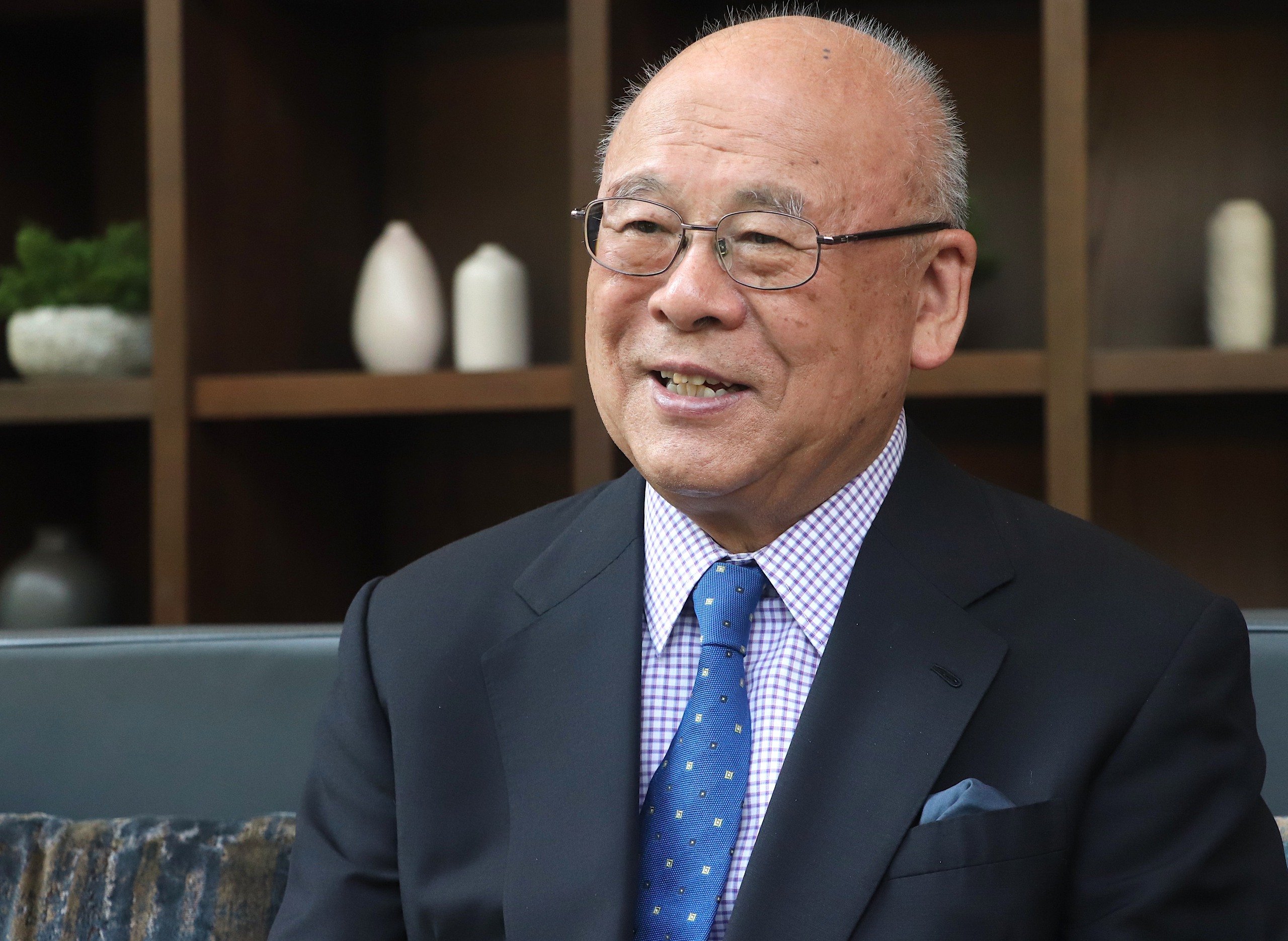
Mr. Takebe Tsutomu, special advisor to the Vietnam - Japan Friendship Parliamentary Alliance - Photo: HONG PHUC
Vietnam and Japan have become comprehensive strategic partners at the national level, but at the people's level, understanding and connection still need to be fostered.
The Japan - Vietnam Festival was born from the desire to enhance people-to-people exchanges between the two countries of Mr. Takebe Tsutomu, special advisor to the Vietnam - Japan Friendship Parliamentarians' Alliance; honorary chairman of the Japanese Executive Committee of the Japan - Vietnam Festival.
Initially, the event was called "Japan Festival in Ho Chi Minh City", but on the third occasion it was changed to "Japan - Vietnam Festival" with a larger scale and influence.
Mr. Tsutomu understands that investment and trade will be developed on the basis of people-to-people connections through people-to-people exchanges. He was moved by the moment the national anthems of the two countries were played at the opening ceremony of the 10th Japan-Vietnam Festival.
"It's not just the music coming from the speakers, but the people of both countries singing in unison with pride. It's not just a ritual, I believe it's also a symbol of the harmony and connection between the two peoples," Mr. Takebe Tsutomu shared in an exclusive interview with Tuoi Tre .
Accumulate from studying while working
* As a former Minister of Agriculture, Forestry and Fisheries and Secretary General of the ruling Liberal Democratic Party in Japan, and always wanting to promote people-to-people exchanges between the two countries, how do you view the potential for cooperation between Vietnam and Japan?
- I want to look at the problem in a big picture, not just limited to the agricultural sector. Japan is a country that is comprehensively developed in terms of technology, culture, thinking and working spirit of its people.
But now and in the future, Japan faces many great challenges: lack of resources, food, energy and aging population.
Meanwhile, I see Vietnam as a potential strategic partner to cooperate and solve these difficulties. Vietnam has a young population, abundant human resources, and is in the process of global integration and development. If we combine the strengths of both countries, it will be a great combination.
* Can you share more specifically about this 'great combination'?
- The wonderful thing about Japan is that it has a very special spirit. From Shinto, we believe that everything in nature, from mountains and rivers to trees and land, has a spirit.
It is from the spirit of respect, preservation and meticulousness in all things that leads to the thorough development of science and technology. Even waste is considered a reusable resource.
Culture is imbued in every citizen, leading to action and creating the industrial development of a nation.
But with the problem of population aging, if these spirits are not inherited and spread, they are at risk of being lost.
From what has been built, we look forward to working closely with Vietnam to convey working spirit, cultural values, lifestyle and working style.
Vietnamese youth can go directly to Japan, observe, touch the products and participate in the actual working process. Once they have absorbed that spirit, they return to Vietnam and spread that value to many people.
* Does that mean that not only do people learn theory, but they can also 'learn by doing', sir?
- The Japanese do not wait until they have a high degree to start working. We learn as we go, accumulate knowledge and experience through practice to be where we are today, producing all products in almost every field.
Japan has many 'uneducated geniuses', without high degrees like Soichiro Honda (founder of Honda) or Shigenobu Nagamori (founder of Nidec).
Even without high degrees, they still strive with the spirit: not letting degrees make them feel inferior or hinder their progress.
Somewhere in Vietnam, degrees are still highly valued. But we need to remember that having a degree does not necessarily mean you can do the job, but you have to actually touch the job and gain practical experience to have value. Whether in agriculture or industry, you need to do it directly.
With the support of former President Truong Tan Sang and the joint efforts of many parties, such as Mr. Le Long Son - founder and general director of Esuhai Company, the idea of Vietnam - Japan University has come true from the aspiration to build a school of Harvard's stature, where students are trained in combination with practice to become truly knowledgeable people.
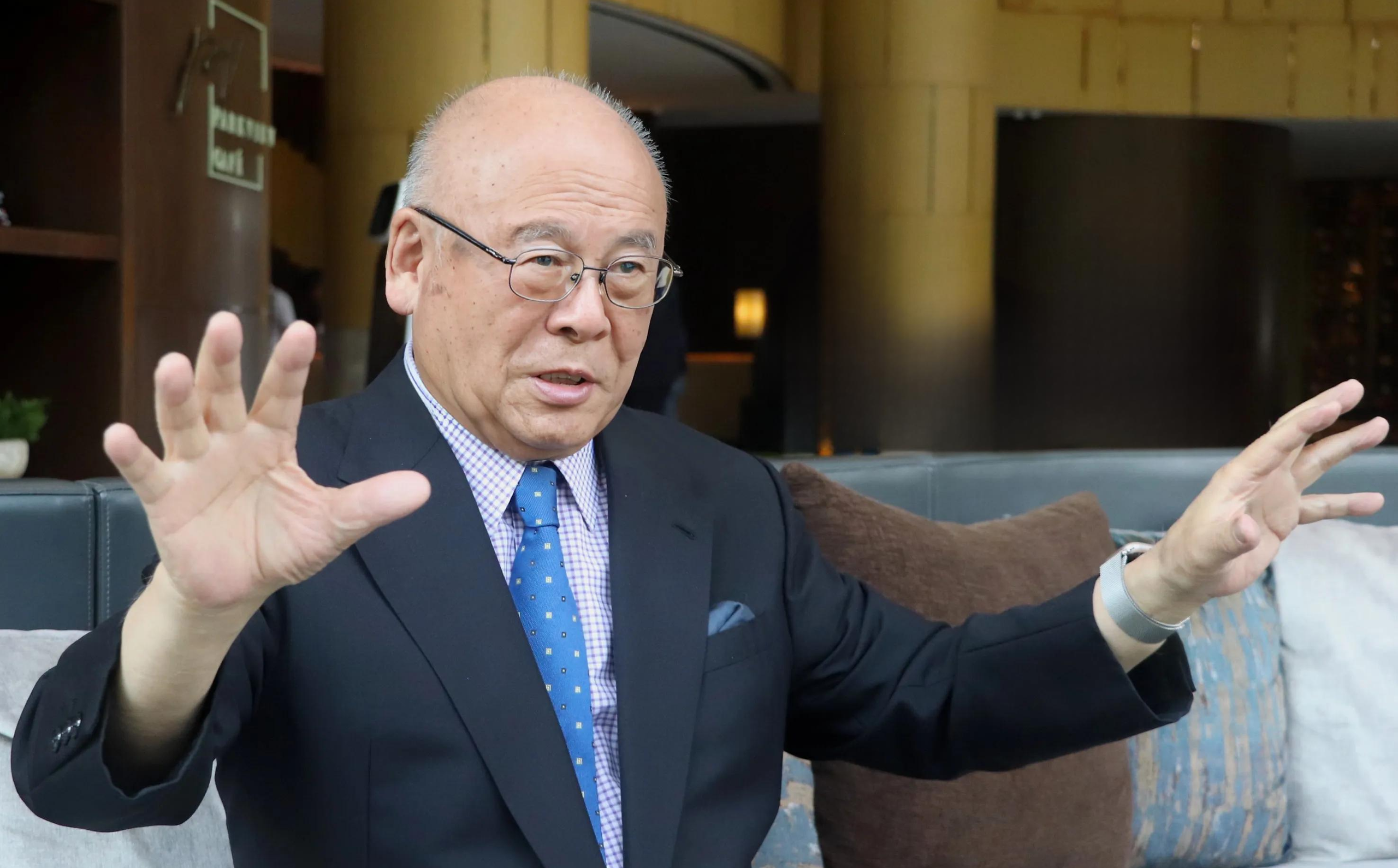
Mr. Takebe Tsutomu hopes that the young generation of Vietnamese people will have a deep awareness of developing the manufacturing industry, instead of just pursuing degrees or simple commerce - Photo: HONG PHUC
Foundation from four core spirits
* In your opinion, what core values from Japan can Vietnamese youth learn to improve themselves?
- In Japan, all industries develop equally, not just agriculture, because they are built on the foundation of four core spirits that young Vietnamese people can perceive and accept.
First is Shinto as mentioned. Second is not to put too much emphasis on qualifications, but to place more importance on practice. Learn from real work, do to accumulate experience and develop knowledge.
Besides that is the spirit of teamwork. The Japanese value collective values, long-term connections, and continuing values from previous generations to build a foundation for the next generation. Finally, there is standard management and logical thinking. The Japanese work with clear plans and strict management.
If Vietnamese youth can combine these spirits with the country's existing potential, they will not only help develop high-value Vietnamese products but also turn the country into a hub.
* What does 'center' mean here, sir?
- I don't know if the Vietnamese people have fully realized it, but the Japanese clearly feel that Vietnam is in a favorable position to receive this great opportunity from Japan. While our country lacks a young workforce, Vietnam has this advantage. If they can go to Japan to learn directly, absorb the culture such as learning the language, learning the Japanese way of working, then when they return, they will spread that value more widely.
I hope that not only the two governments, but also the people of Vietnam and Japan, will deeply feel this spirit of solidarity and join hands together towards the future. Like the lotus and cherry blossoms, the cultural symbols of our two countries, we can become allies in spirit, knowledge and cultural values.
* What can the young generation of Vietnam learn from Japan to contribute to creating a more sustainable economy?
- I see Vietnam's potential and future not only in its young workforce, but also in its resources and strategic geographical location. Vietnam's economy is growing strongly, but the main driving force is still real estate and banking. In Japan, development comes from a foundation of science and technology, services and infrastructure.
To change this, we can only rely on the young generation of Vietnamese people, who are conscious of manufacturing and doing it directly, instead of just pursuing degrees or mere commerce.
Source: https://tuoitre.vn/co-van-dac-biet-lien-minh-nghi-si-viet-nhat-o-nhat-co-nhieu-thien-tai-khong-bang-cap-20250311181453311.htm


![[Photo] Prime Minister Pham Minh Chinh chairs the 16th meeting of the National Steering Committee on combating illegal fishing.](https://vphoto.vietnam.vn/thumb/1200x675/vietnam/resource/IMAGE/2025/10/07/1759848378556_dsc-9253-jpg.webp)







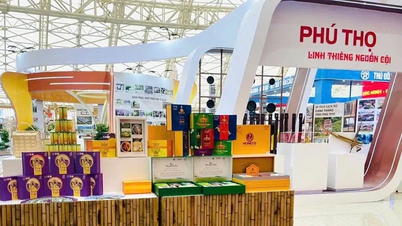

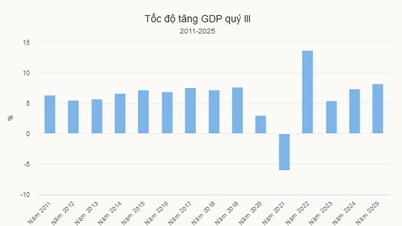

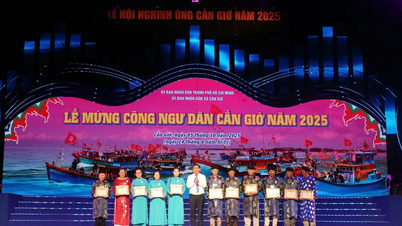

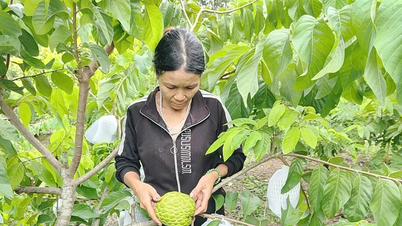





















![[Photo] Super harvest moon shines brightly on Mid-Autumn Festival night around the world](https://vphoto.vietnam.vn/thumb/1200x675/vietnam/resource/IMAGE/2025/10/07/1759816565798_1759814567021-jpg.webp)























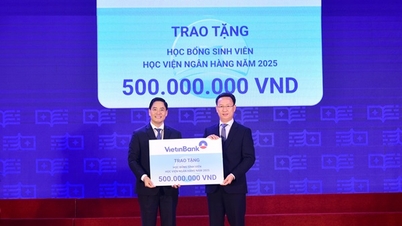












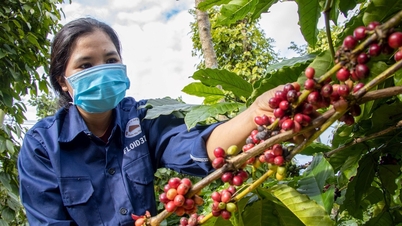































Comment (0)